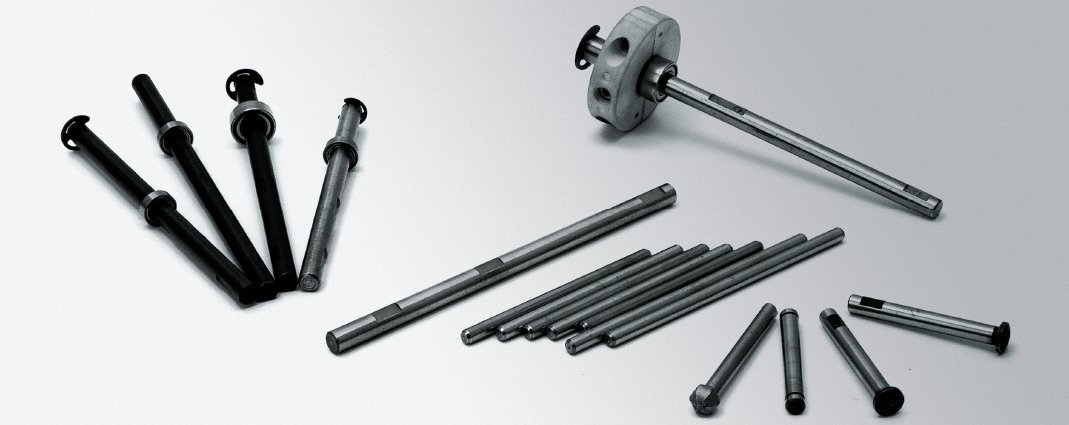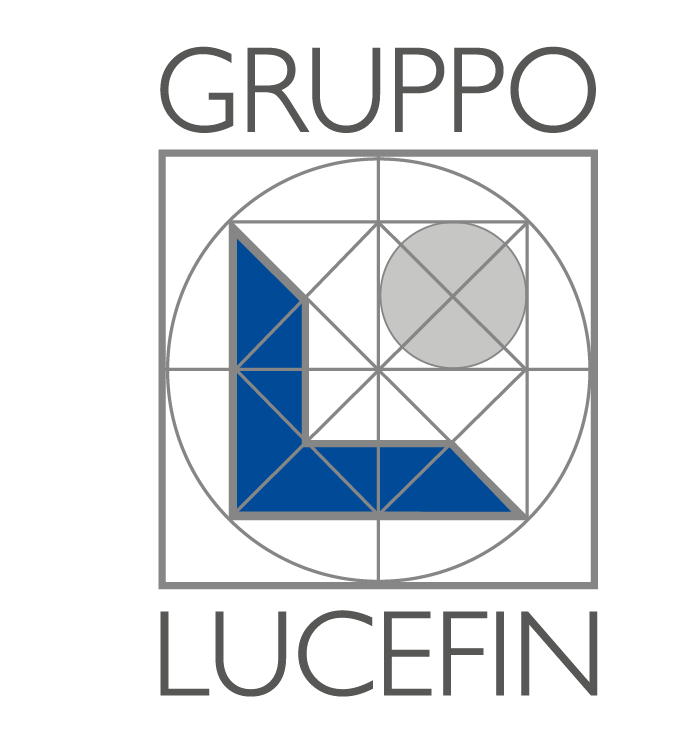STEELS FOR QUENCHING AND TEMPERING

Carbon steels for quenching and tempering may be used, with good results, in most applications.
The grades C22E, C30E and C35E may be easily welded even cold, whilst the other types require pre-heating, normally at 250-300 °C, followed by stress relieving at 500-600 °C.
After quenching and tempering they have good strength, yield, elongation and impact strength, enabling use in almost all applications, such as shafts, machine parts, gear racks, nuts and bolts, bushings, automation devices, etc. Quenching may also be carried out in water without large risks.
The grades XC38H1, C40E, C45E, C50E and C55E are extremely suitable for the production of machine parts subject to mean stress levels and for surface hardening by flame and induction hardening. The latter is better as it gives more homogeneous results, and a precise regulation of the thickness of the hardened layer.
In order to avoid failures, the cooling medium during quenching must not be too drastic, using 30% polymers or oil. Their most common uses are for keys, racks (C45E induction hardened), crankshafts, rods, columns for presses.C40E normalized is recommended for the latter products as it is better at preventing quick-aging due to heat and is structurally less rigid.
The steels in this group are used for the production of mechanical components,where a high surface hardness is required together with good core toughness. In order to satisfy this requirement, surface hardening is carried out on pieces which have already been quenched and tempered. After treatment, a stress-relieving operation at about 180 °C is recommended.
C60E has the highest strength among these steels. It can have good impact strength after normalization and quenching and tempering. It is used for automatisms, mechanical parts, crushing rolls, punches, etc.



